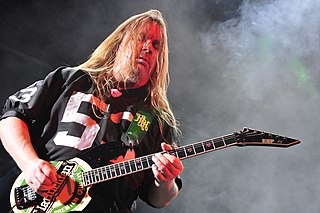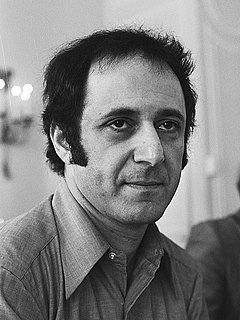A Quote by Isaac Hayes
I first heard African drum rhythms and chants at the movies. Then, when I had the opportunity to go to Africa and visit the villages, I heard the real, raw, true rhythms and realised the origins of the old Negro spirituals I grew up with in the South.
Related Quotes
A human body can think thoughts, play a piano, kill germs, remove toxins, make a baby all at once. Once it's doing that your biological rhythms are actually mirroring the symphony of the universe because you have circadian rhythms, seasonal rhythms, tidal rhythms you know they mirror everything that is happening in the whole universe.
Yes, I heard my people singing!-in the glow of parlor coal-stove and on summer porches sweet with lilac air, from choir loft and Sunday morning pews-and my soul was filled with their harmonies. Then, too, I heard these songs in the very sermons of my father, for in the Negro's speech there is much of the phrasing and rhythms of folk-song. The great, soaring gospels we love are merely sermons that are sung; and as we thrill to such gifted gospel singers as Mahalia Jackson, we hear the rhythmic eloquence of our preachers, so many of whom, like my father, are masters of poetic speech.
I remember when I wrote a piece, "Blood on the Fields," it was a while ago, it was about slavery and about two characters, and I studied so much of music, I would always go back to the original documents, and as much as I can get original chants and slave chants and different type of beats and rhythms and ring shout.
When I was in government, the South African economy was growing at 4.5% - 5%. But then came the global financial crisis of 2008/2009, and so the global economy shrunk. That hit South Africa very hard, because then the export markets shrunk, and that includes China, which has become one of the main trade partners with South Africa. Also, the slowdown in the Chinese economy affected South Africa. The result was that during that whole period, South Africa lost something like a million jobs because of external factors.
I started as an engineer. I migrated to philosophy and international politics. And I did my studies about African - Africa democracy and democratization in Africa, taking Kenya as a model. And then, while I was doing so in 1996 in South Africa, Al Jazeera was established. So they requested me to be an analyst on African affairs.



































